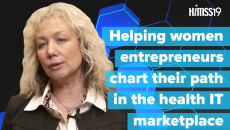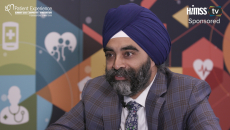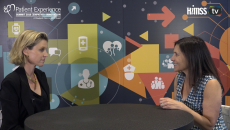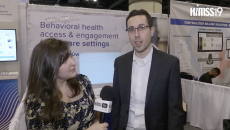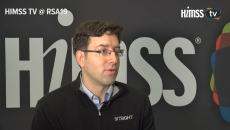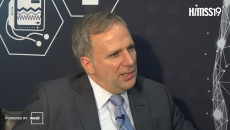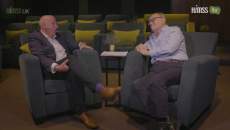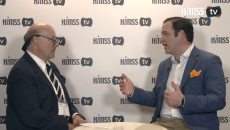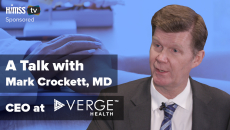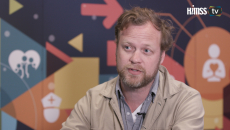Provider
Springboard Enterprises helps with leadership development for female entrepreneurs, says Director Rebecca MacKinnon.
PwC Partner and US Health Services Sector Leader Gurpreet Singh details what the future of the healthcare industry will look like with the consumer at the center.
Non-profit Hope for Henry is helping children in the hospital understand what it happening to them, what their diagnosis means and what to expect, says CEO Laurie Strongin.
Two of biggest healthcare problems are access and engagement, but digital tools can help connect providers, payers and patients in the mental health field, says Neuroflow's COO Adam Pardes.
Healthcare organizations need to assess and monitor business relationships because of the dangers of cyber threats, says BitSight Vice President Jacob Olcott.
HIMSS Senior Director of Federal and State Affairs Jeff Coughlin shares his thoughts on information-blocking, interoperability, social determinants and recently proposed rules from CMS and ONC.
Ben Bridgewater, CEO of Health Innovation Manchester, says don’t just digitize existing products; provide new services to care for your people.
Josh Gluck, VP of Global Healthcare Technology Strategy at Pure Storage, says there is finally a realization of where AI can have the most impact, and that is in fields such as radiology that have a wealth of data that can be used.
Verge Health CEO Dr. Mark Crockett discusses how hundreds of people and machines have to work right to create a positive experience the moment the patient hits the door and why continuous feedback is key to achieving that.
Death Over Dinner conversations are bringing healing and insight to healthcare professionals, as they deal with patients lost.
